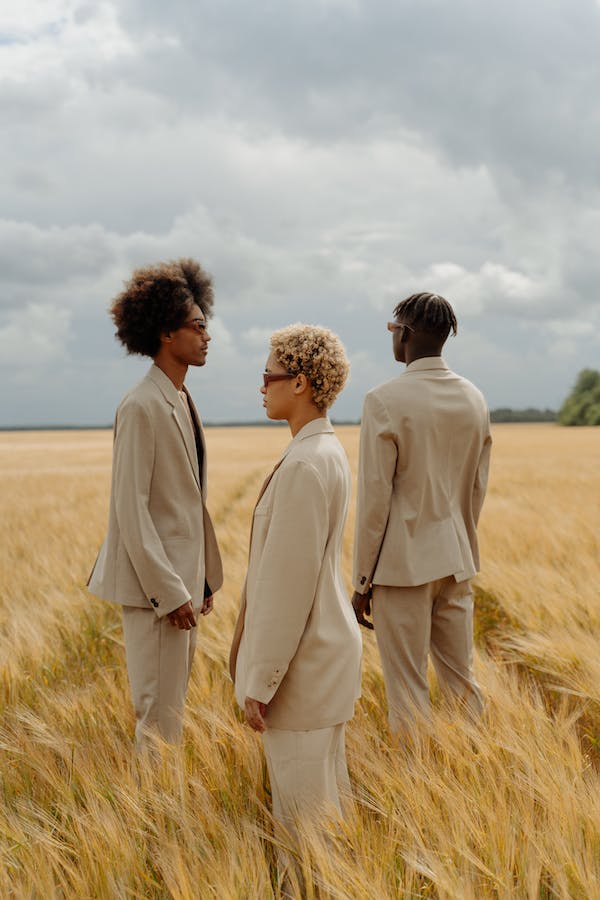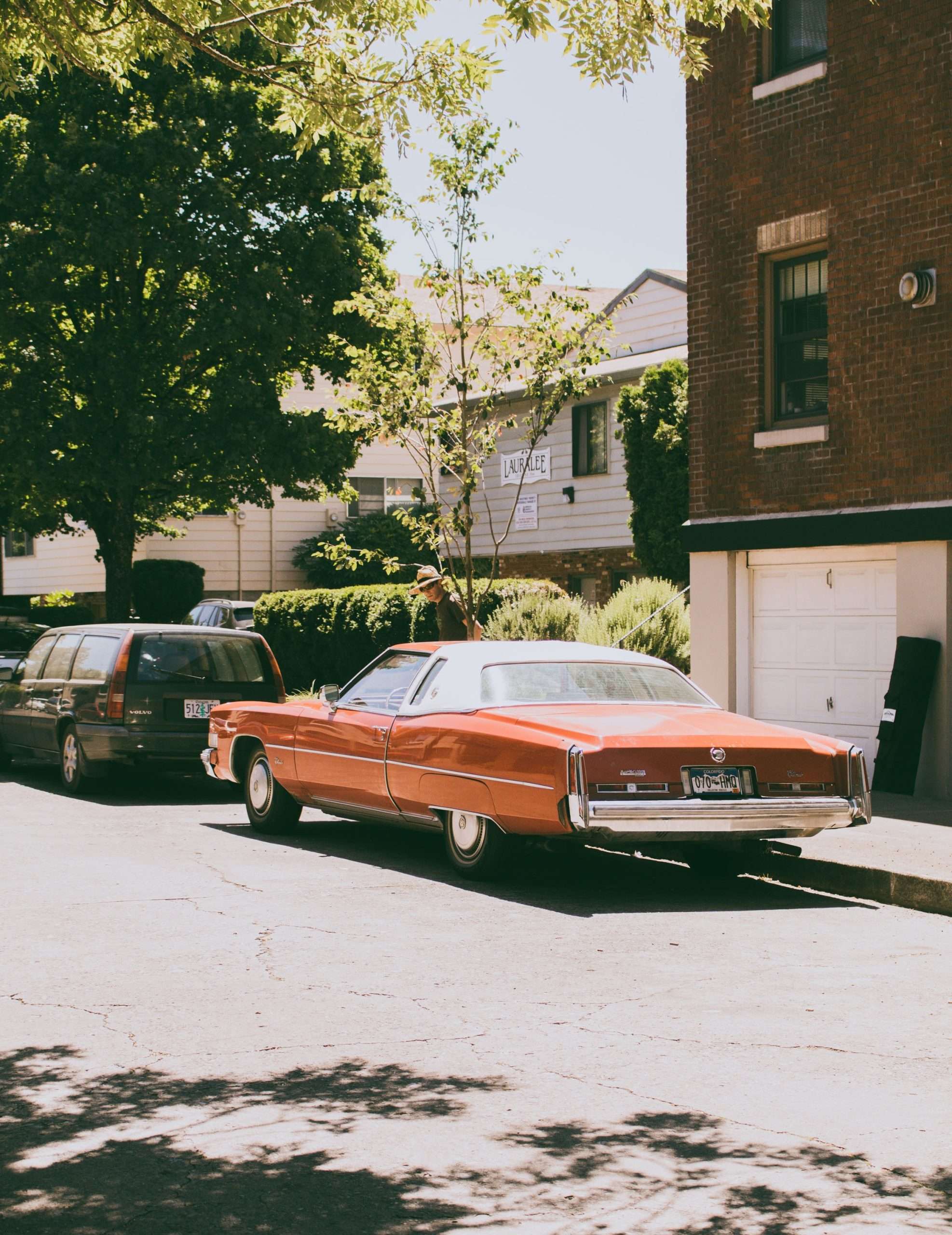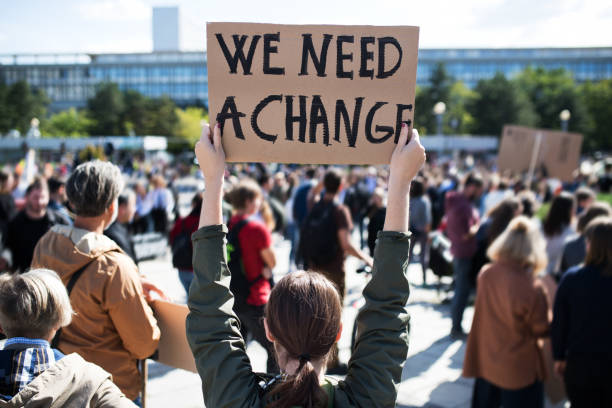The Youth United Against Injustice in The World

The Strength of Youth united in 2000s Against Injustice in the World. In a world often filled with injustice and hardship, it is easy to feel overwhelmed and powerless. This was especially true in the 2000s when many adults felt that there was nothing they could do to enact meaningful change. That is until the strength of youth united in protest against the injustices being done in the world.
At this time young people made up only a small portion of society, but their courage and determination had an enormous impact on the global stage. In this blog post, we will explore how youth union in the 2000s to fight against injustices around the world and what we can learn from their example today.
The September 11th Attacks
It has been over twenty years since the terrorist attacks of September 11th, 2001. On that day, nineteen men hijacked four passenger planes and deliberately flew them into targets in the United States.
The attacks killed over two thousand people and injured more than 6,000 others. It was the deadliest terrorist attack in American history. In response to the attacks, the U.S. government launched a global war on terrorism, leading to military interventions in Afghanistan and Iraq.
In the years since 9/11, there have been a number of other terrorist attacks around the world. These include the 2004 Madrid train bombings, the 2005 London bombings, and more recently, the 2015 Paris attacks and 2016 Orlando nightclub shooting.
Despite these horrific events, there is reason for hope. The strength of youth union against injustice can create positive change in the world. We saw this after 9/11 when young people came together to support one another and stand up against hate.
In recent years, we’ve seen youth leading the charge on important social justice issues like gun violence prevention, climate change, and racial equality. Young people are proving that we have the power to make our voices heard and create lasting change in the world.
The Iraq War
The Iraq War was a devastating conflict that lasted for over a decade. Tens of thousands of people were killed, wounded, or affected by the war. More than two million people were displaced, as well. The Iraq War was also incredibly costly, with estimates putting the total cost at more than $2 trillion.
The Iraq War began in 2003, when the United States invaded Iraq with the stated goal of removing Saddam Hussein from power and finding and destroying Iraqi weapons of mass destruction. However, no such weapons were ever found. The war quickly became bogged down in a bloody insurgency that saw Violence and chaos erupt across the country.

In 2008, the United States finally began to withdrawal its troops from Iraq, but the violence continued. In 2011, the last U.S. troops left Iraq, but instability and violence have continued to plague the country.
Hurricane Katrina
Hurricane Katrina was one of the most destructive storms in American history. It hit the Gulf Coast on August 29, 2005, causing widespread damage and killing more than 1,800 people. The storm caused an estimated $108 billion in damage, making it the costliest hurricane in U.S. history.
Katrina was a Category 5 hurricane when it made landfall on August 29, 2005, with maximum sustained winds of 175 mph (280 km/h). The storm surge from Katrina inundated parts of New Orleans, Louisiana, to a depth of 20 feet (6 m). Wind damage was also severe in Mississippi and Alabama. More than 1 million people were displaced by the storm, and many were left without power or clean water for weeks.
The federal government’s response to Hurricane Katrina was widely criticized as inadequate. In the aftermath of the storm, tens of thousands of people were stranded without food or shelter for days. In New Orleans, looters took advantage of the chaos to break into stores and homes.
The strength of youth was united against injustice in the world through different forms of protests after Hurricane Katrina. For example, some went to City Hall to protest while others organized candlelight vigils outside the White House. Some even started an online petition that called for then-President George W. Bush to resign over his handling of the crisis.
The Global Financial Crisis
The financial crisis that began in 2008 had a profound impact on the world economy. In the wake of the crisis, many countries experienced a severe recession, with high levels of unemployment and reduced economic growth.
In response to the crisis, young people around the world took to the streets to protest against austerity measures and neoliberal capitalism. These protests were often met with violence from police and security forces.
Nonetheless, the strength of young people united in protest against injustice has been one of the most inspiring aspects of recent years. From Occupy Wall Street to Black Lives Matter, young people have shown that they will not accept a world that is unjust and unequal.
The Arab Spring
In 2011, a wave of protests and uprisings swept across the Arab world in what came to be known as the Arab Spring. The catalyst for these protests was the Tunisian Revolution, which saw the overthrow of the longtime autocratic regime of President Zine El Abidine Ben Ali. Inspired by this success, protesters in other Arab countries took to the streets to demand an end to their own repressive regimes.
In Egypt, demonstrators succeeded in toppling the regime of President Hosni Mubarak after just 18 days of protest. In Libya, a months-long civil war led to the overthrow of Muammar Gaddafi. And in Syria, a brutal government crackdown on protesters has sparked a devastating civil war that is still ongoing.
While the outcomes of these revolutions have been mixed, they have all shown the incredible power that young people have when they unite against injustice. In a region where youth unemployment is high and political participation is low, the Arab Spring has demonstrated that young people can be a force for change.
Black Lives Matter
In the wake of recent police shootings of unarmed black men, the Black Lives Matter movement has taken center stage in the fight against injustice. From protests and rallies to social media campaigns, young people and youth united are using their voices and platform to demand change.
And it’s working. In the past year, we’ve seen a number of high-profile cases of police brutality against black men and women spark national dialogue and action. In some instances, charges have been brought against the officers involved. In others, changes have been made to police department policies.
But there’s still a long way to go. Racism is deeply entrenched in our society, and its effects are felt every day by black Americans. That’s why the Black Lives Matter movement is so important – it’s a reminder that we all have a responsibility to stand up against injustice, no matter where it occurs.
The strength of youth united in solidarity against injustice is one of our greatest weapons in the fight for equality. We will continue to use our voices to demand change until all black lives matter.
#MeToo Movement
The #MeToo movement was created in 2006 by Tarana Burke as a way to empower women of color who had survived sexual violence. The movement gained national attention in 2017 after dozens of women accused Hollywood producer Harvey Weinstein of sexual assault and harassment. The #MeToo movement has since inspired women around the world to speak out against sexual misconduct and hold powerful men accountable for their actions.
In the past year, the #MeToo movement has become a global phenomenon, with women in countries all over the world sharing their stories of sexual harassment and assault. The movement has also sparked important conversations about consent, rape culture, and the mistreatment of women. This is an important moment in history, and it is youth who are leading the charge against injustice.
Conclusion on Youth United
The #MeToo movement has given voice to millions of women who have experienced sexual violence. It is a powerful force for change, and it is young people and youth united who are at the forefront of this movement. We are united in our fight against sexual misconduct, and we will continue to work together to create a safer world for everyone.

